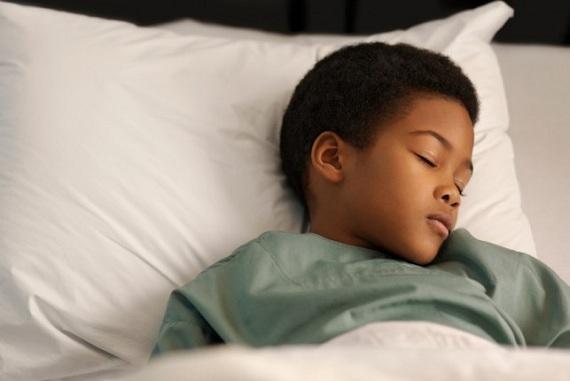Most times parents often ask question on why some children have more difficulties understanding others’ emotions or feeling sorry after misbehaving? Why do some acts out in certain situations and behave in others? How should adults respond in these circumstances?
For parents, such puzzles can seem unsolvable yet having insight into the inner workings of these situations becomes increasingly important when the behaviors start to interfere with daily functioning and healthy development.
Two papers from psychologists Rebecca Waller of the University of Pennsylvania and Nicholas Wagner of Boston University, one published in The Journal of Child Psychology and Psychiatry, the other in Psychological Medicine, may provide new insight into a set of behaviors known as Callous-Unemotional (CU) traits.

According to research, Callous – Unemotional traits (CU) are distinguished by a persistent pattern of behavior that reflects a disregard for others, and also a lack of empathy and generally deficient affect.
The researchers found that children who exhibited less fear and desire for social connection and who engaged less frequently in a copycat behavior called arbitrary imitation developed more CU traits, which are known to lead to antisocial behavior later.
A link between antisocial or aggressive behavior and CU traits—characterized by lack of empathy, guilt, and reduced sensitivity to others’ emotions—is already well known. Previous research has revealed that children with these characteristics are more likely to develop severe, persistent antisocial behavior, often expressed through violence and hostility.
Practically speaking, this translates to a child who is “less compassionate, doesn’t care about breaking the rules, doesn’t change a behavior when they’re told, ‘If you do X, this bad thing will happen,'” says Rebecca Waller, an assistant professor in Penn’s Department of Psychology and director of the EDEN Lab. “They’re also more likely to be aggressive to get what they want because they don’t fear the consequences.”
What’s less understood are the mechanisms and processes that give rise to CU traits, knowledge with important implications for the development and implementation of effective interventions. Waller and Wagner looked at two ideas: The first focuses on fear and social belonging, also known as affiliation; the second is related to imitation.
Fearlessness and Social Connections
To test their first theory, the researchers used data from the Boston University Twin Project, led by Boston University professor Kimberly Saudino. During two-hour lab visits, at age 3 and again at age 5, children played out several scenarios, like offering a parent “candy” from a canister that actually contained a stuffed snake, popping bubbles, or separating different-coloured beads into piles.
Analysis of the children’s behaviors showed that less fearful children who cared less about social connections at the first visit were more likely to develop callous-unemotional traits by the second. “Fearlessness on its own is not the only ingredient,” Waller says. “These children also don’t feel, to the same degree, that inherent motivation and reward from having positive social bonding with others.”
The findings published in Psychological Medicine found that harsh parenting—which includes tactics like yelling and spanking—intensified the fearlessness and strengthened the link with later CU traits.
Advising Parents
Though these findings offer important clues to why CU traits can lead to antisocial behavior, the researchers want to make clear that they’re looking at overall patterns, not one-off instances. “We don’t want to scare parents,” Waller says. “It’s not like if you notice these behaviors once, you’re in trouble. It’s part of an overarching dimension.”
Parents, they suggest, can positively support these aspects of social and emotional development by artificially creating situations, like one in which arbitrary imitation happens, for example. “Encourage the child to make the silly noise or movement you did, then laugh about it,” Waller says. “You more explicitly scaffold the situation than if it were to happen naturally, but the children still get the positive reinforcement and it can become a bonding moment.”
In regard to fearlessness and social affiliation, Wagner suggests veering away from harshness, toward warmth. “Changing kids’ experiences,” he says, “that’s where we can intervene.”











buy prescription drugs india pharmacy mail order
tadalafil generic: http://tadalafilonline20.com/ buy tadalafil